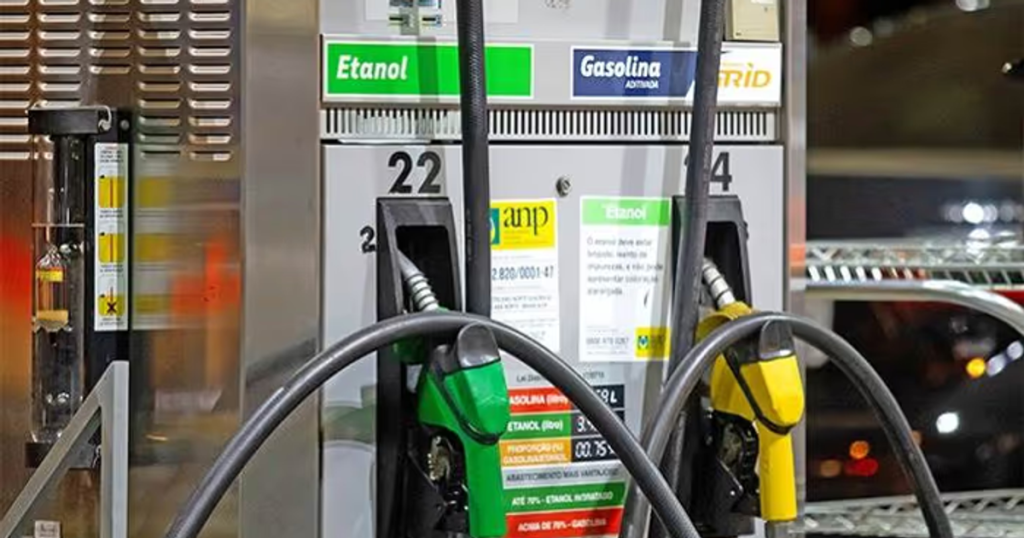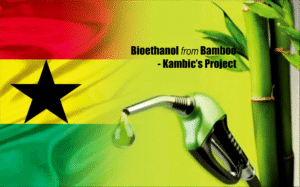Uganda to Begin Blending Ethanol with Petrol from January

Source: Reuters, July 2, 2025 (citizen.digital)
📌 Key Facts
- Starting January next year, Uganda will mandate all fuel distributors to blend locally produced ethanol into petrol sold nationwide (citizen.digital).
- The initial blend will be 5% ethanol (E5), with plans to increase to 20% (E20) once ethanol supply can support it (ubc.go.ug).
- This measure aims to cut Uganda’s annual petroleum import bill (around $2 billion) and reduce carbon emissions, while bolstering local agriculture and energy security (citizen.digital).
🏛️ Government & Industry Involvement
- The policy was announced by the Energy Ministry, led by Minister Ruth Nankabirwa, and will be facilitated by UNOC, the Uganda National Oil Company (ubc.go.ug).
- Ethanol will be sourced from local feedstocks—mainly molasses from sugar production, and potentially cassava, maize, and sorghum (citizen.digital).
- Licensed producers like Kakira Sugar, Hoima Sugar, and Bukona Agro have a combined capacity of nearly 79 million litres/year, with blending centers being built in Busia, Malaba, Mutukula, and Entebbe (ubc.go.ug).
💡 Benefits & Objectives
- Economic: Reduces reliance on expensive imports, supports local farmers, and creates agribusiness jobs (newvision.co.ug).
- Environmental: Lower greenhouse gas emissions and improved vehicle emissions performance (allafrica.com).
- Energy Security: Builds resilience by tapping local resources and aligning with Uganda’s Vision 2040 and Biofuels Act 2020 (ubc.go.ug).
📆 Timeline
- E5 Launch: January next year for 5% blend.
- E20 Goal: Gradual ramp-up to 20%, guided by ethanol availability and infrastructure readiness (citizen.digital).
🔍 Outlook & Considerations
- Uganda’s move mirrors broader East African strategies to adopt biofuels and explore clean-energy corridors (essentica.eu).
- Challenges include ensuring a consistent ethanol supply, scaling blending infrastructure, and addressing food security concerns that may arise from feedstock diversion (monitor.co.ug).
- Vehicle compatibility with higher ethanol blends should be monitored, as seen in other markets (reddit.com).
🧭 Why This Matters
| Area | Impact |
|---|---|
| Fuel imports | Could slash foreign exchange outflows significantly |
| Agriculture | Offers new guaranteed markets for farmers |
| Environment | Contributes to cleaner air and net-zero climate goals |
| Industry | Sparks growth in ethanol production, logistics, and blending infrastructure |









